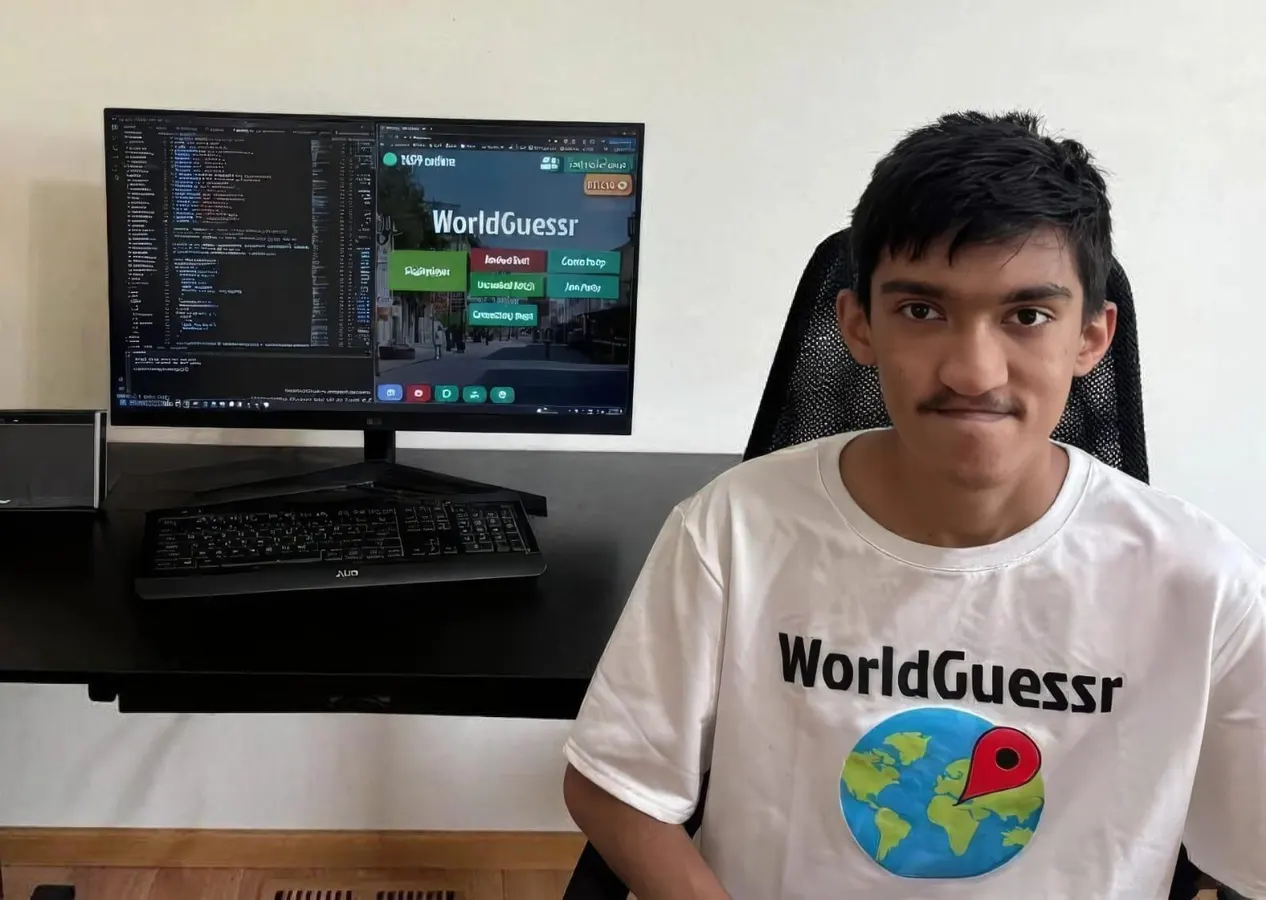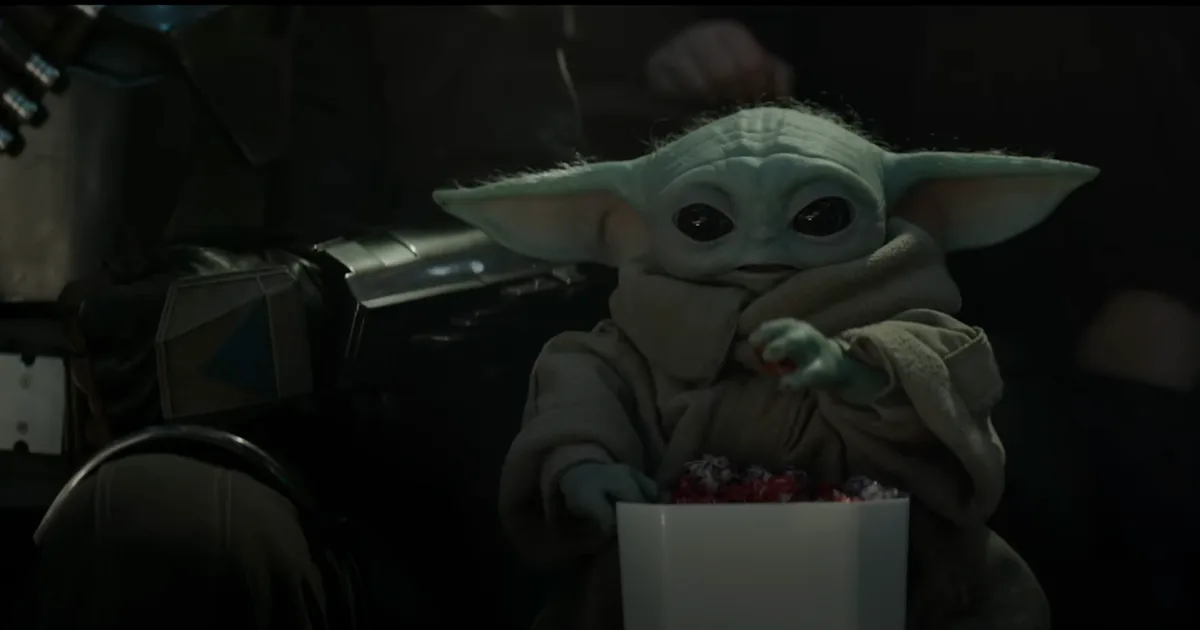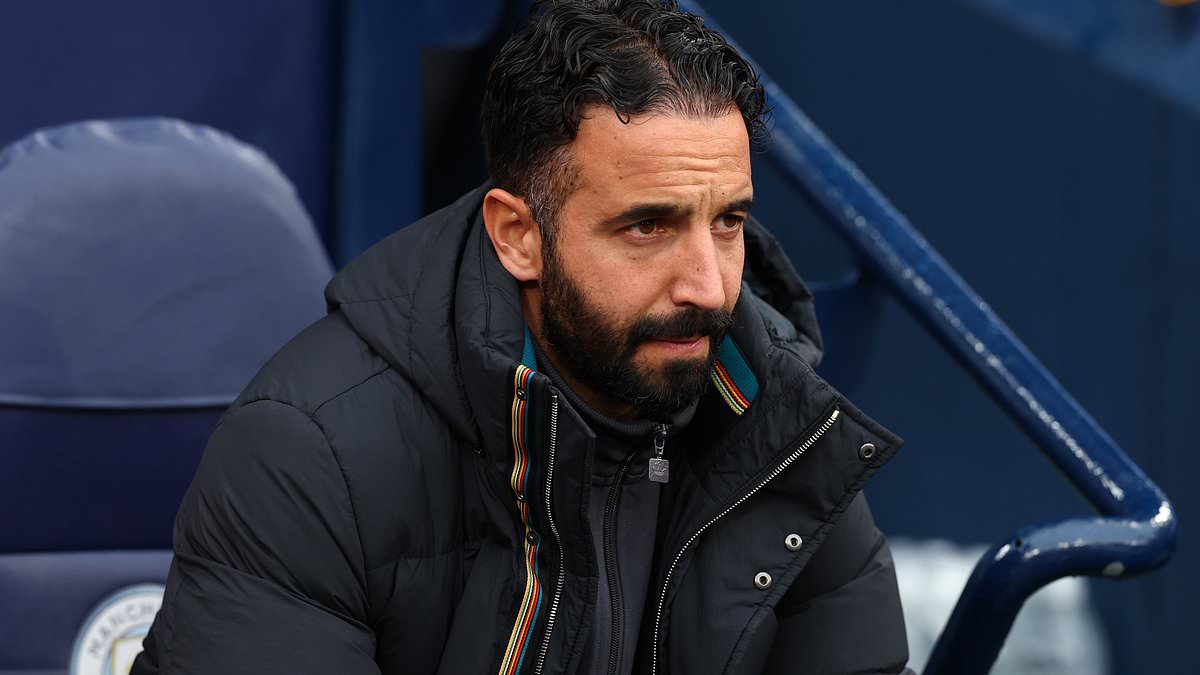By Elaine Pofeldt,Senior Contributor
Copyright forbes

Gautam Anand, an eleventh grader from Rochester, Minn., created the fast-growing game WorldGuessr to help people get a taste of life in other parts of the world—and, with more than 50,000 downloads on Google Play and a presence on the App Store, it’s now bringing more than $100,000 in revenue per year.
“As I grew up, I realized I could make stuff that could impact a lot of people,” says Gautam. “I found out that entrepreneurship was for me because of how you get to do the things you like to do and be able to impact people positively.”
Gautam’s inspiration came from his own life experience. His family is from India, and usually visits their country once every year or two, but he knows many people don’t have the experience of world travel. “I feel like a lot of people in the U.S. are not experiencing different cultures, he says. “I thought it would be cool to have a lot of people from different places see what life is like in other places. And one of the cool things that people were able to learn and get out of the game is exploring the world.”
The quiz-based game lets users test their knowledge by offering an immersive street view from Google Maps. Asked to guess where they are, they can move around to find nearby landmarks to help pinpoint the exact location, earning points as their guesses become more accurate. The game is free, but WorldGuessr generates revenue from licenses, advertising and in-app purchases.
At a time when international news, such as tariffs, is constantly in the headlines, geography education is a priority for many teachers. However, student scores in geography have been declining since 2014, according to the Nation’s Report Card, which tracks academic test results.
Many adults lack basic geographic knowledge. A 2019 Gallup study, commissioned by the National Geographic Society and the Council on Foreign Relations, found that while seven in ten adults consider international issues relevant to their daily lives and 85% believe high schools should teach geography, many struggle with it. The average respondent answered just over half of the questions correctly, and only 6% got more than 80% of the questions right.
MORE FOR YOU
Gautam Anand, a high school junior, tapped his passion for coding to create WorldGuessr, a fast-growing geography game.
WorldGuessr
Gautam initially shared the game, launched in April 2024 as a side project, sharing it with friends. After several educational gaming sites, such as CoolMathGames, mentioned WorldGuessr, teachers began incorporating it into their classrooms, and it gained popularity. It had grown to 100,000 users by September 2024 and 1 million by December 2024, he said in an interview in late June.
The game typically has more than 100 users a day, according to Gautam. Most users live in the U.S., but there are also some in countries such as the U.K., Germany, France, Canada, Spain, and Australia, among others, he says.
Scaling was tough, according to Gautam: The servers crashed after being overwhelmed by thousands of users. He kept having to upgrade to “beefier” servers every week or so to keep up with the load, he says.
Gautam’s father, Anand Viruthagiri, a business intelligence architect for a pharmaceutical company, noticed his son was interested in computers and laptops from around the age of five. “When kids of his age were usually playing around with cars and dinosaurs and stuff, he was looking at my laptop,” says Viruthagiri.
Anand began learning about Scratch programming, a free tutorial from Massachusetts Institute of Technology designed for children, at around age six or seven. “Basically, it was a platform where you could make projects and publish them,” says Gautam. “And I saw on the homepage, there are many projects that other people have built, and I realized that even I could make stuff and publish it for others to see. They were not local to my area, but I saw that people online were doing a lot of this stuff.”
By the time he was in second grade, he was able to assist his teacher in resolving technical problems on the school’s Macs and iPads. “And we just let him take it from there,” says Viruthagiri.
Gautam decided to create the geography game when his friends began playing GeoGuessr, another geography game, in school and were frustrated that they didn’t have access to it outside of the classroom. “A lot of my friends were upset they could not play it,” he says.
He created a community for users to get feedback, which has grown to about 11,000 users. “That was pretty huge for us because we saw so many people who were interested in geography in the same place, and they gave us a lot of suggestions that we tried to implement,” he says. With the business taking off, his parents now assist him in managing the business side.
Gautam says he has experienced some unexpected benefits from starting his own business.
“I made the game for students mainly, but after people started playing it, we had a lot of adults play, as well,” he says. “One of the people who played was a teacher from New Zealand. He was introduced to the game by his students, who used to play it in class. Initially, he said, ‘I don’t play games in class,’ but then he saw the game and was really amazed by it. He said he plays it with people in his class, and he posts videos of it as well. It’s pretty cool.”
With success has come an opportunity to help other young entrepreneurs. Gautam has made the app’s code public for other young entrepreneurs to access.
He started out using SPLASH, a block-based coding platform, and then moved on to Replit, a coding site that helps turn ideas into apps using AI. He was able to get experience as a coder by doing projects for other people on the site. “That’s one of the ways I got to learn how to code professionally and work for other people,” he says.
His advice to people who want to build their own business? “Sometimes, it’s important to take initiative,” he says. “Even if you have a really big goal, you can find a small step in it, and just try to do that, instead of trying to accomplish the whole thing initially.”
That held true in the case of his own game, he says. “I didn’t know it was going to reach this many people,” he says. “I just wanted to make something for my friends, and it was a small goal, but oftentimes, one thing, spirals into another, and you can achieve something meaningful.”
Editorial StandardsReprints & Permissions



